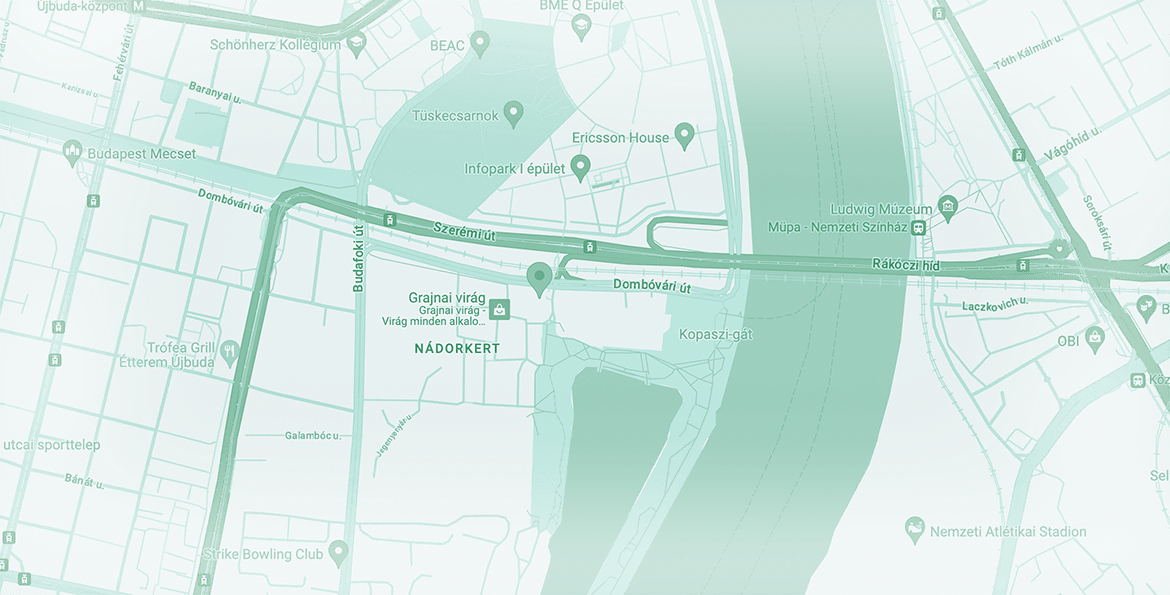
What makes the Hungarian language so special?
Hungary’s official language is Hungarian, which is said to be one of the most difficult languages in the world. But what makes it so hair-raising to most language learners? Let’s get a closer look at the Hungarian language together to find out.
Hungary’s official language is Hungarian, which is said to be one of the most difficult languages in the world. But what makes it so hair-raising to most language learners? Let’s get a closer look at the Hungarian language together to find out.
The history of Hungarian in a nutshell
Magyar, the language of Hungary is unique and without any resemblance to the languages spoken in the country’s vicinity. Its closest relative is Finnish, but similarities are all but invisible on the superficial level, and only obvious in how the language is structured. At the same time, the Hungarian language has an inordinate number of loanwords picked up throughout its history:
- Turkish: in part from before the Hungarian tribes arrived in the Carpathian basin, in part thanks to the Turkish invasion in medieval times,
- Latin: which was the official language of Hungary up till 1844, and
- German: thanks to Hungary’s close ties with the Holy Roman Empire, and having the Habsburg family on and off the Hungarian throne from the 15th century up till after the First World War, when the Austro-Hungarian Monarchy was abolished and the Habsburgs were dethroned.
Since most of Hungary’s neighbors speak Slavic languages, there are also plenty of Slavic loanwords in Hungarian. Most recently, the number of English loanwords skyrocketed with English becoming a lingua franca, a language spoken and understood all around the globe.
Writing in Hungarian
Hungarian is written in a Latin alphabet, but has 44 letters in total, which might seem a bit excessive compared to the 26 letters in English. There are quite a few composite consonants, meaning that a combination of two or three letters is used to indicate specific sounds, such as gy, dz, or dzs (y and s are often accomplices in these larks). There are also 14 separate vowels, after beefing up the original Latin 5 (a, e, i, o, u) with various diacritical marks to make weirdos like ú, ü, and ű – some of which are not supported by many fonts, a bother to Hungarian graphic designers looking for pretty letters.
However, once you have managed to learn the correct pronunciation for each letter, you are set for life. Hungarian pronunciation mostly reflects writing and vice versa. In that sense, the most treacherous words are old family names like Dessewffy, Széchenyi, or Weöres, but you don’t have to worry: sometimes not even native Hungarians get them right. These families usually go back to times when Hungarian spelling was not yet canonized, and we are stuck with them.
Word order and suffixes
The greatest difference between Hungarian and the Germanic and Romance languages (which make up the majority of languages in Europe) is that instead of adverbials and prepositions, Hungarian uses suffixes. Moreover, there is a rule for “vowel harmony”: suffixes have variants with different vowels in them, and the variant you use depends on the vowels in the word you are adding the suffix to. To increase your troubles, more than one suffix can be added to the same base at the same time to express various grammatical functions in one go. This is a major pain for most Hungarian language learners, as this way each Hungarian word has an unholy number of forms, instead of just one singular and one plural.
In the meantime, whereas in other European languages word order helps you decipher each sentence, Hungarian word order is not fixed. Grammatical functions are identified based on the lovely suffixes, and word order is used to give emphasis to certain words.
Now that we are at word order: Hungarian names are back to front (compared to the majority of the Western world). The family name comes first, followed by the given name, of which there might be one or more. Thanks to this, when English refers to someone’s “middle name”, in Hungarian you have to check the person’s second given name. (The question of names is a hornet’s nest of its own, which we will deal with in a separate article.)
How is your Hungarian?
If you are planning for the long term in Hungary, it might come in handy to learn at least some Hungarian. If your goal is citizenship, you will probably need to speak at least a few words with an administrator, or even pass an exam on constitutional basics in Hungarian, depending on the procedure you follow.
The Helpers Team, besides providing consultation on the entire citizenship procedure, can also set you up with a language school to get you prepared for either the citizenship interview or the constitutional basics exam. Check out our services, and get in touch with us to learn more.
Contact
Get in touch today
Monday - Friday
9am - 5pm CET
Helpers Hungary Kft
Budapart Gate
Dombóvári út 27
Budapest 1117, Hungary
If you’re visiting us, please use entrance A and come to the 2nd floor.





